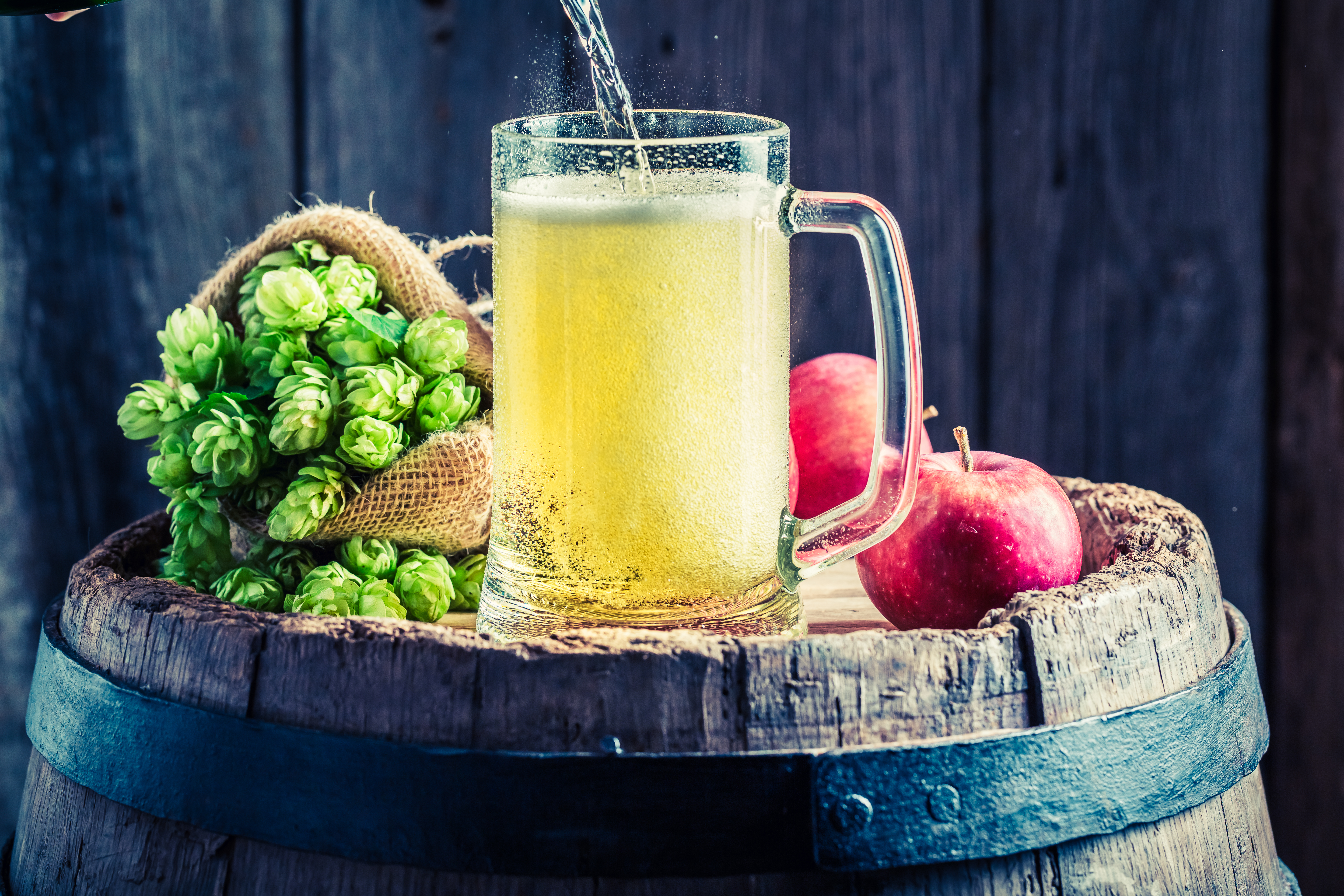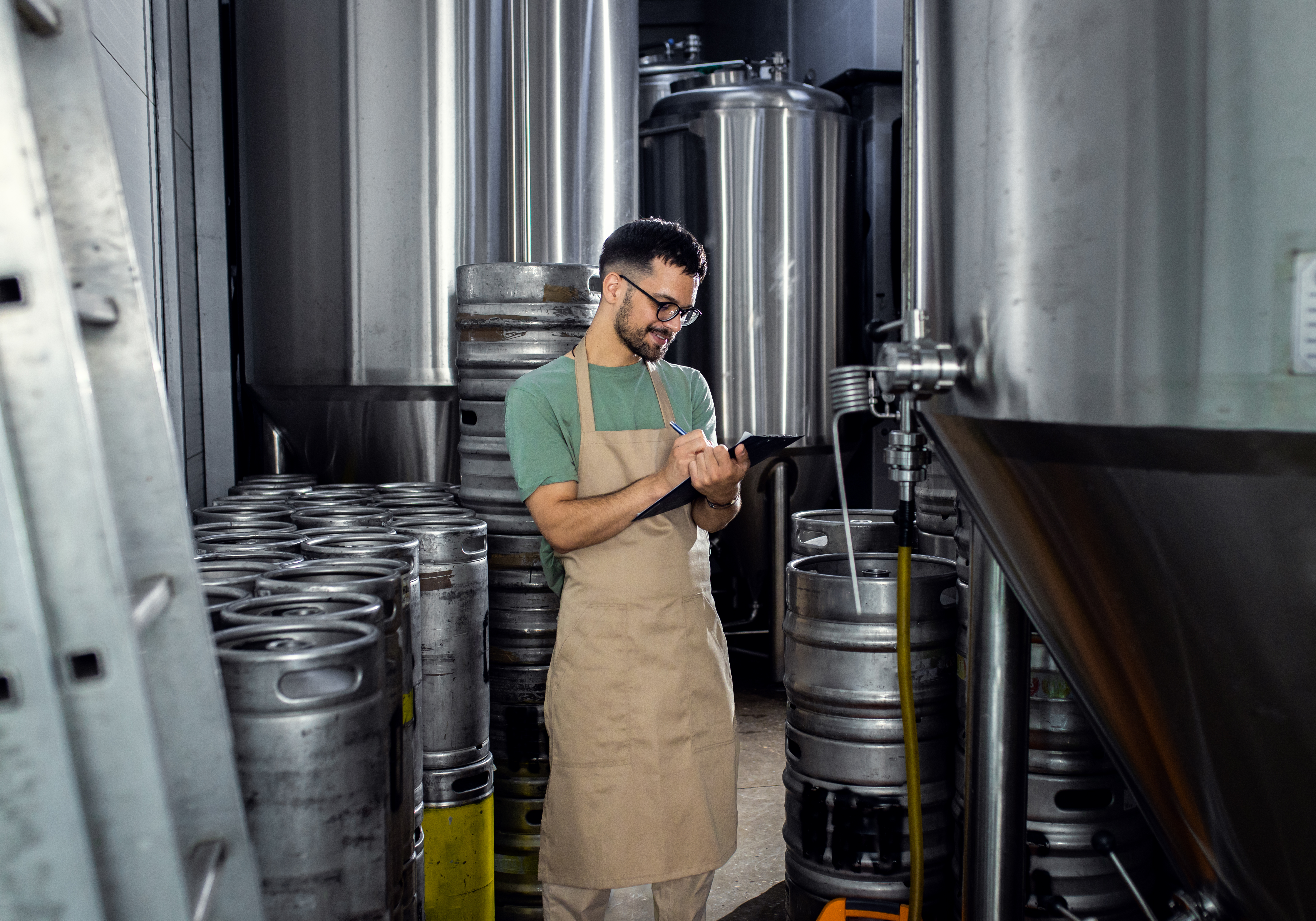10 Telling Truths About Beer That Everyone Should Know
The world of beer is a vast and varied landscape, a tapestry woven with threads of tradition, innovation, and cultural significance. As the craft beer movement continues to surge, brewers and consumers alike find themselves at a crossroads of choices that promise to redefine the very essence of beer. These choices, or trade-offs, are not simply about taste or branding; they encompass a wide array of considerations that span sustainability, technology, global influences, and consumer health. The notion of a "trade-off" implies a decision-making process where gains in one area may lead to compromises in another. This article embarks on a journey through ten such yet-to-be-tasted trade-offs that are poised to shape the future of beer. Each section will delve into a specific trade-off, exploring its implications, challenges, and opportunities. From sustainability to technological advancements, from local traditions to global influences, we will uncover how these trade-offs are reshaping the beer industry.
1. The Sustainability Dilemma: Green Practices vs. Traditional Methods

Sustainability has become a buzzword across industries, and the beer industry is no exception. As consumers become more environmentally conscious, breweries are faced with the challenge of integrating green practices into their operations. This often involves a trade-off between sustainability and traditional brewing methods. For instance, the use of locally sourced ingredients and renewable energy can reduce a brewery's carbon footprint, but it may also limit the availability of certain ingredients that are essential for maintaining traditional recipes. Moreover, the shift towards sustainable packaging, such as biodegradable cans and bottles, presents logistical challenges and potential increases in production costs. On the other hand, traditional brewing methods, which have been refined over centuries, offer a sense of authenticity and cultural heritage that many consumers value. These methods often rely on specific ingredients and processes that may not align with sustainable practices. As breweries navigate this trade-off, they must balance the desire to preserve tradition with the need to innovate and reduce their environmental impact. This section will explore how breweries are approaching this dilemma, highlighting case studies of those who have successfully integrated sustainability into their operations without compromising on quality or authenticity.
2. Technological Innovations: Automation vs. Artisanal Craftsmanship

The rise of technology in brewing has introduced a new trade-off between automation and artisanal craftsmanship. Automation offers numerous benefits, including increased efficiency, consistency, and scalability. Advanced brewing systems can monitor and adjust variables such as temperature and fermentation times with precision, ensuring a uniform product. This level of control is particularly appealing to larger breweries looking to meet high demand while maintaining quality standards. However, the reliance on technology can also lead to a loss of the human touch that defines artisanal brewing. Many craft brewers pride themselves on their hands-on approach, where intuition and experience play a crucial role in the brewing process. Artisanal craftsmanship, on the other hand, emphasizes creativity and individuality. Brewers have the freedom to experiment with unique ingredients and techniques, resulting in beers with distinct flavors and character. This approach often resonates with consumers who seek authenticity and a personal connection to the products they consume. The challenge lies in finding a balance between leveraging technology to enhance efficiency while preserving the artisanal qualities that define craft beer. This section will examine how different breweries are navigating this trade-off, showcasing examples of innovative technologies that complement rather than replace traditional brewing skills.
